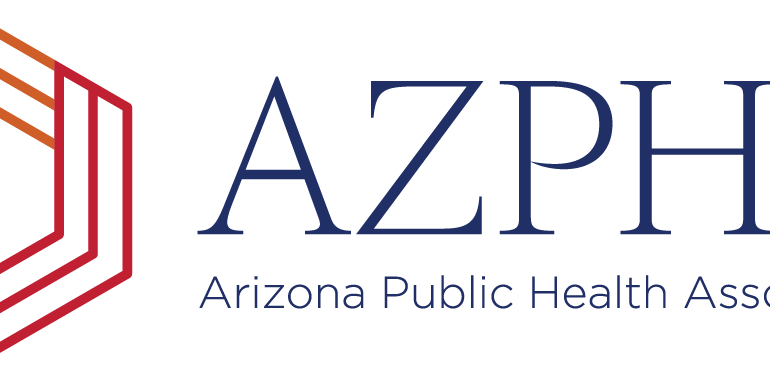If the Inflation Reduction Act of 2022 ends up passing in the U.S. Senate in the next couple of weeks, you’ll no doubt hear politicians and even some stakeholders praise the legislation as historic and transformative when it comes to prescription drug price reform.
I guess it’s fair to say the Act is historic because Medicare would finally be able to negotiate the price of a handful of drugs (in 2026). But the bill IS NOT Transformative. While Medicare will eventually be able to negotiate price – they’ll be limited to negotiating price of just 10 drugs in the first year & not until 2026. The next year (2027) they can negotiate the price of 15 more.
The drug pricing reforms in the Inflation Reduction Act of 2022 are anemic. With a little more backbone, we could have had real price reform. As it is, it’s like bringing home a C- on your report card. Congress still gets credit for the class, but it’s certainly nothing to brag about.
Background
For the last 20 years, all Americans have been getting ripped off by pharmaceutical companies. The heist began when a prescription drug benefit was added for Medicare enrollees (Medicare Part D). Drug company lobbyists made sure Congress wrote the law to prohibit Medicare from negotiating drug prices.
As a result, Medicare is held hostage by drug companies and Medicare pays 300% more for prescription drugs than in Europe or Canada, and close to 10x higher than in developing nations. That means every American who gets a paycheck is paying way more than necessary for prescription drugs. We’re ALL being scammed (not just Medicare beneficiaries) because Medicare is financed with a (regressive) payroll tax.
Medicare Part D is financed by Medicare Trust Fund payroll tax revenue (71%), Part D premiums (17%) and state payments for people dually eligible for Medicare and Medicaid (12%). The Medicare Payroll Tax is regressive. People that earn a paycheck pay a 1.45% tax on wages up to $200,000. Income above $200K is only taxed at 0.9%.
The House of Representatives had our back- passing meaningful reform that would have saved real dollars. Sadly, the Senate allowed the drug lobbyists to take the wheel last week- largely selling out to Big Pharma.
So, What’s in the Inflation Reduction Act of 2022 RE Drug Prices?
The good part of the deal is that Medicare will finally be able to (eventually) start negotiating drug prices.
The bad news is Medicare can’t start negotiating for 3.5 more years (2026) and even then, they can only negotiate prices on 10 of the thousands of name brand drugs covered under Medicare Part D. Medicare would be able to negotiate the price of 15 more drugs in 2027 & a few more the next year- but make no mistake- this is still a win for Pharma because this just nips at the margins of the heist.
Among the handful of drugs for which Medicare can negotiate price, the upper limit price is supposed to be 75% of the non-federal average manufacturer price, between 9-12 years after the drugs’ approval; 65% for drugs between 12-16 years post-approval; and 40% for drugs more than 16 years past their approval date.
By contrast, the drug price reduction passed by the House of Representatives (H.R. 3, the Lower Drug Costs Now Act of 2019) would have allowed Medicare to negotiate the price of between 25-125 brand-name drugs without generic competitors in 2023 with the negotiated price available Medicare, Medicaid & private payers.
President Biden’s plan went even further than H.R. 3 by allowing Medicare to negotiate drug prices across the board. Under his proposal, drug companies could only set prices based on the rate of inflation after it’s determined how much they’ve invested and what a reasonable profit constitutes. Once Medicare negotiates a lower drug price, employer-based plans would get access to the same drug for the same price as Medicare.
Another drawback in the Reconciliation deal is that many of the drugs that would be eligible for Medicare negotiation today, would not be in 2026. Consider the blood thinner Xarelto, or Soliris (for hemoglobinuria) or the multiple myeloma drug Revlimid which targets auto-immune disorders. All four drugs will have generic competition by 2026 but none of them would be subject to Medicare price negotiation if the package passes as-is.
The Act does require rebates from Pharma when they increase their drug costs faster than inflation, but because Medicare won’t be able to drive hardly any launch prices, the drug companies will probably just drive up the launch prices to compensate for the inflation provision.
The Act does a couple things to limit out of pocket costs – eliminating the 5% coinsurance requirement above the Medicare Part D catastrophic threshold and adding a $2,000 cap on Part D out-of-pocket spending in 2025. While these things will help reduce out of pocket costs for some Medicare members, these provisions do nothing to help the Medicare Trust Fund- in fact it makes things even worse because the Medicare Trust Fund will pick up the tab for the out-of-pocket costs that will be eliminated.
The bottom line is that passing the prescription drug pricing provisions in the Inflation Reduction Act of 2022 is better than nothing- but it’s certainly not something to write home about because it’s not a real solution. We could have done so much more.

